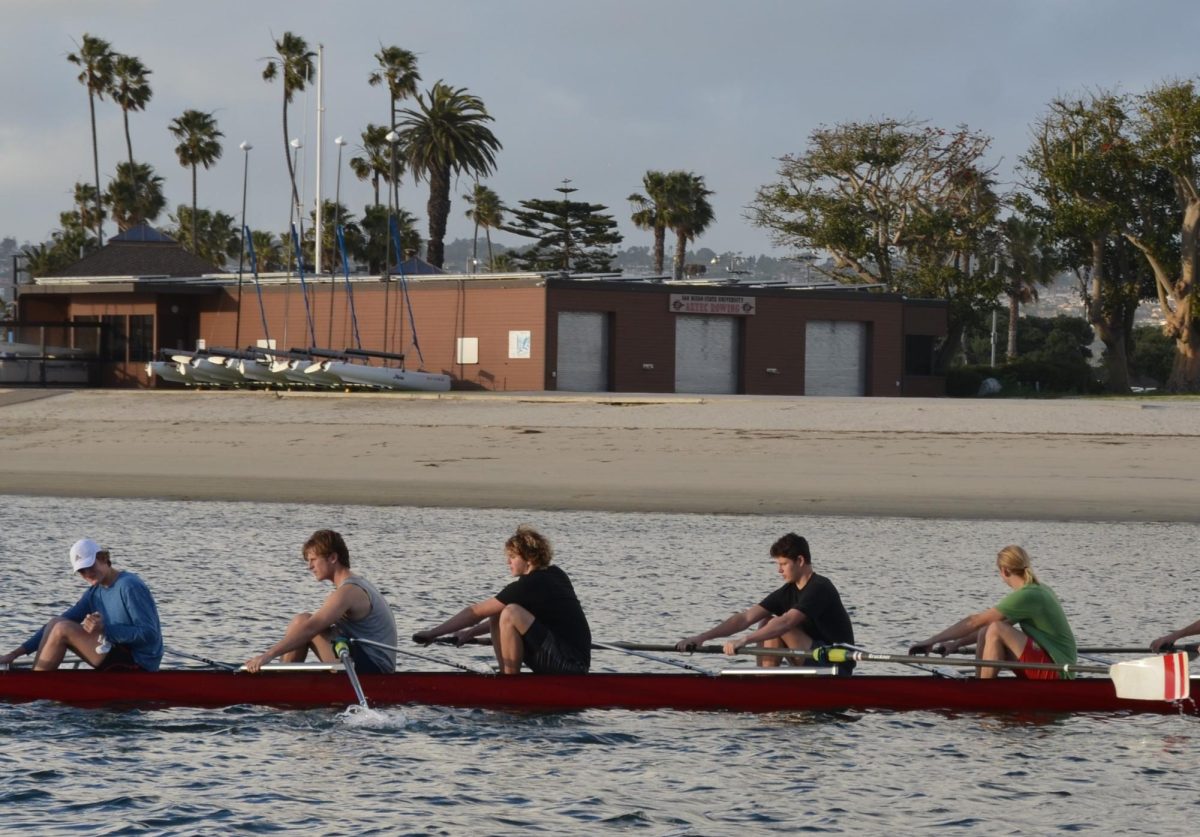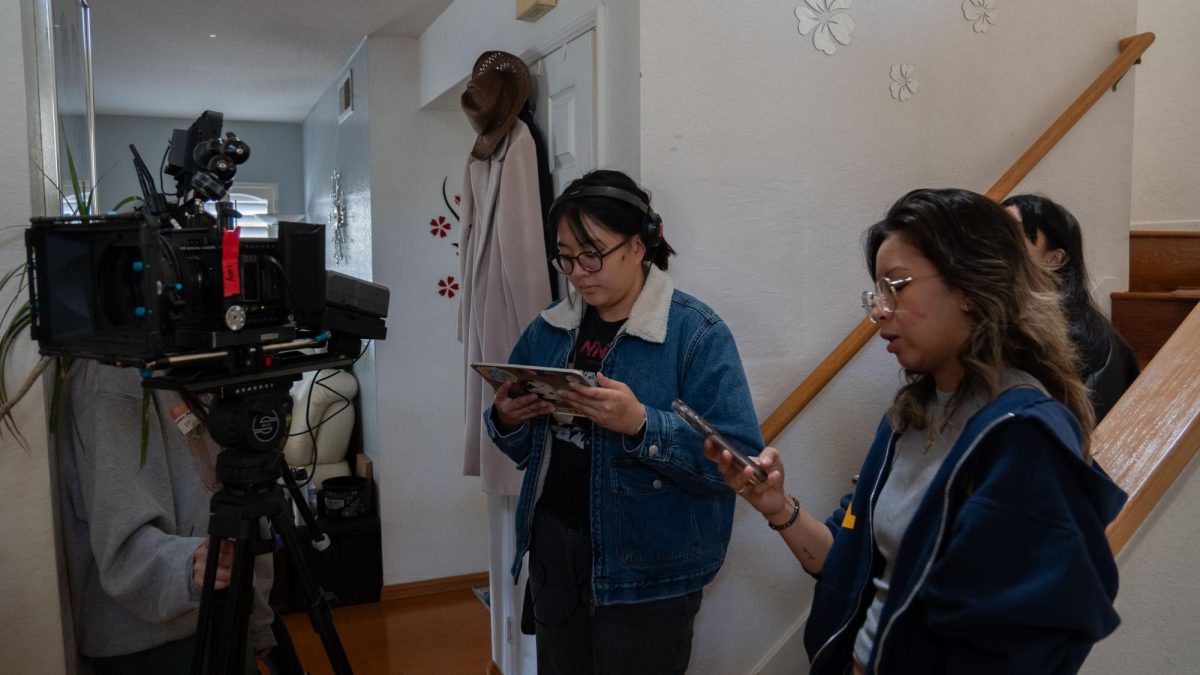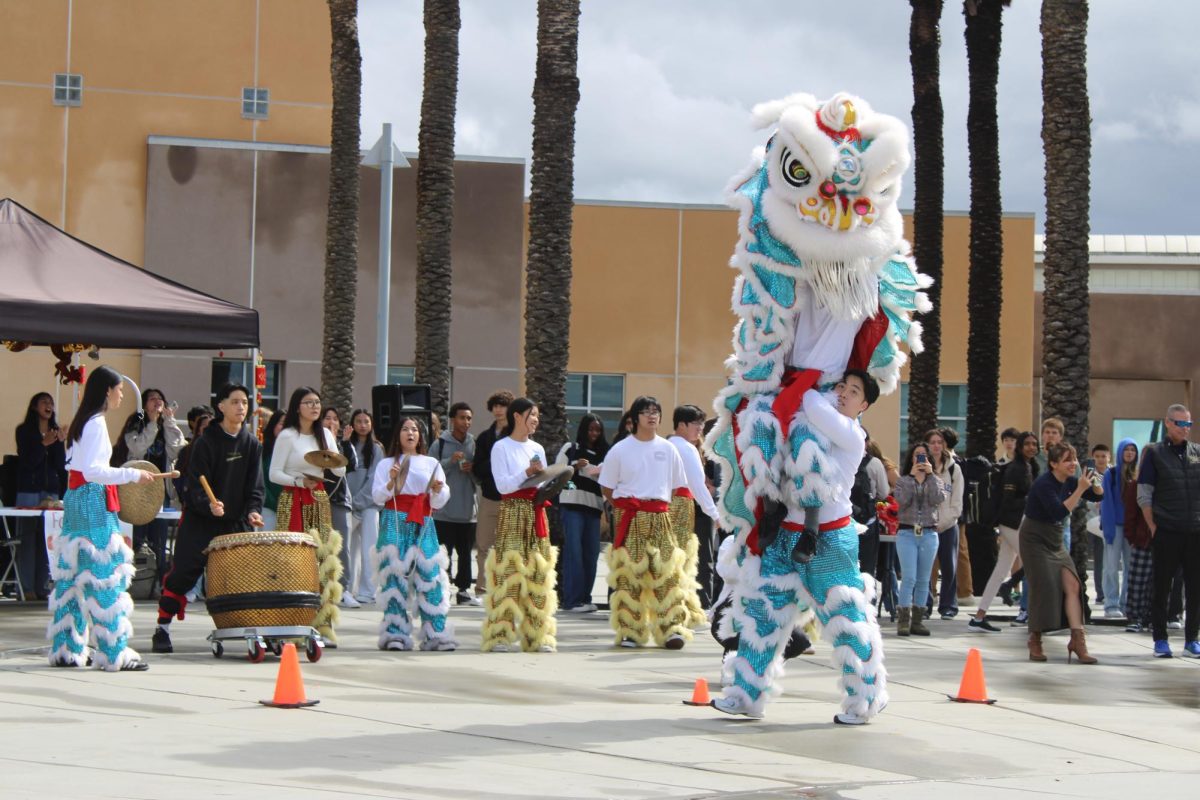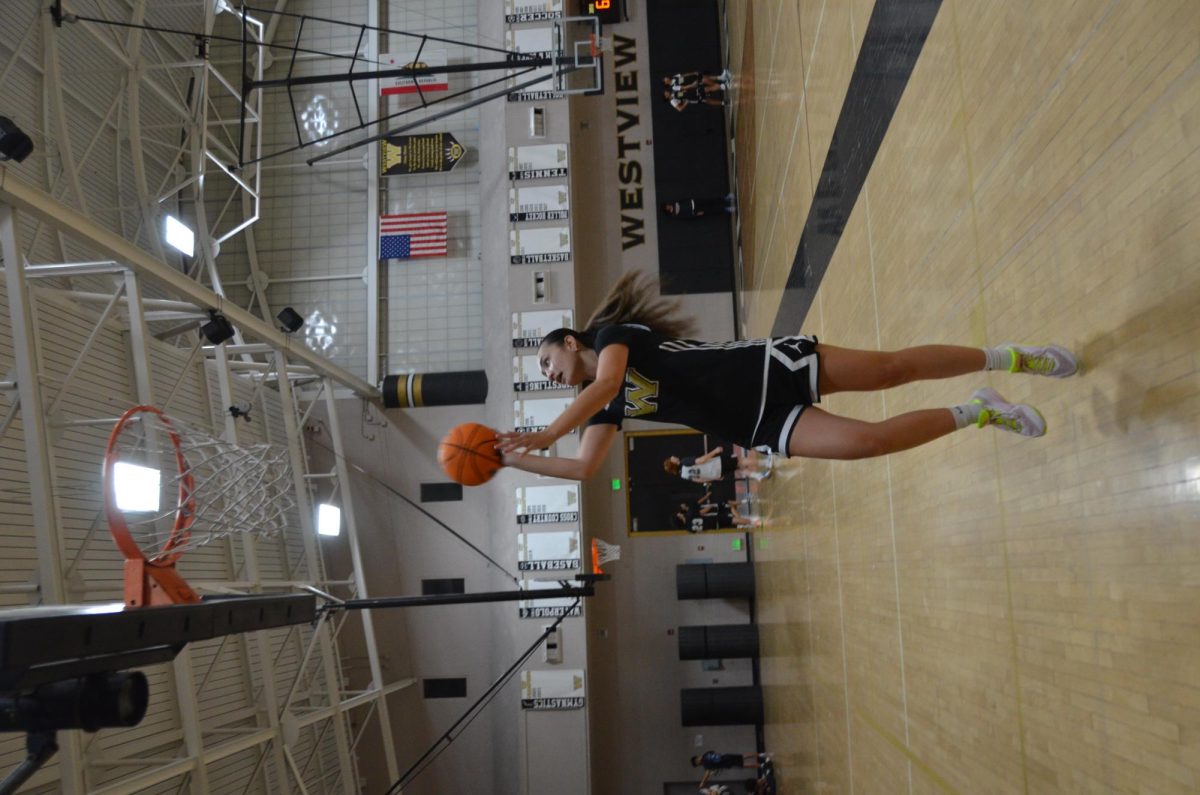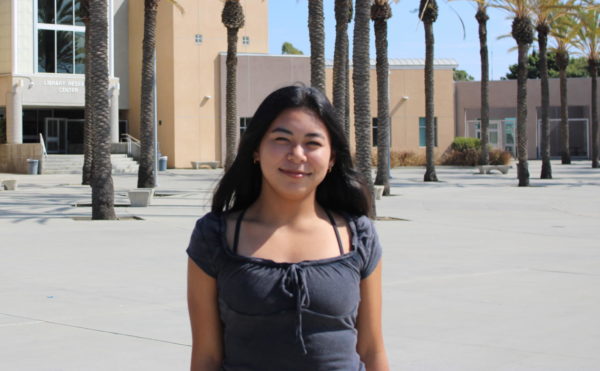Alexander McAllister (10) likes to tell people that breaking his back on a Wiffle ball inadvertently led him to rank third internationally of 13-18-year-olds in RowErg 100 meter speed of 2024 on the ergometer, a machine to simulate water rowing. Smiling, he sets the stage: he was in seventh grade, playing Wiffle ball in the cul-de-sac of his neighborhood with a friend.
“I was just goofing off,” McAllister said. “I was playing baseball with one of my neighbors and he hit the Wiffle ball really far into my neighbor’s driveway. I decided to run as fast as I could to make it back to home plate in time, but when I bent down to grab the Wiffle ball, my legs kept running from beneath me. I twisted a little too much and caused a stress fracture in my lower spine.”
With six months of physical therapy, his spine has recovered. Last summer, his dad pointed out the resemblance between a recovery exercise in which McAllister pulled a PVC pipe and the action of rowing, and he suggested that McAllister give rowing a try. His back injury had ended McAllister’s swim and water polo careers because of the physical demand of his back, and because he wanted to stay active, the idea of rowing piqued his interest. Last November, he joined the San Diego Club Junior Rowing (SDRC) team.
“I listened to my dad and gave rowing a try,” McAllister said. “I did a few races and got an insanely fast time for a first try. That’s how I got where I am now.”
Where he is now is a still-novice rower who ranks third internationally of 13-18-year-old RowErg 100 meter speeds this year on the ergometer. McAllister established his rowing reputation at a USRowing ID camp, where he rowed a distance of 100 meters alone on the ergometer in only 14.8 seconds, surpassing the RowErg 100 meter average by 4.2 seconds, Jan. 27.
McAllister dedicates himself to the sport and training with his SDRC team six days a week for their Spring competitive season that began in late January.
“We practice every day, except on Sundays, for two and a half hours,” McAllister said. “We do a lot of drills where we row using only our legs, then only one arm, then only the other, isolating the different muscles. Rowing has also strengthened the muscles next to the bone I injured, which gives it some reinforcement and helped the healing process.”
McAllister said a big aspect of rowing technique is coordinating his timing and matching the angle of each stroke of his oar with the seven other boys in the boat.
“If all eight of us aren’t in sync, then our boat will be off balance making it impossible to row,” McAllister said. “I didn’t know anyone before joining SDRC who rows, but luckily it was really easy for me to befriend my teammates and they’ve helped me a lot. On my first day of rowing, I was having a hard time on the recovery between my strokes. One of my teammates noticed and told me to recite ‘arms, body, legs’ which helped me lock in the technique correctly after. Every day I learn something new.”
McAllister said that in addition to learning new skills, his row team’s comaraderie helps him to succeed. His team’s coxswain sits at the front of the boat to motivate the team and steer them to the finish line when his team competes in the water. The support from his teammates makes an impact when competing on the ergometer too.
“One thing that I really like about rowing is all the support everyone has for each other,” McAllister said. “We have our coxswain to encourage us in the boat and to get us in sync.”
McAllister competed in the Long Beach Outdoor Association regatta for the first time with his SDRC team, Dec. 3. Despite only having less than two weeks of experience rowing then, McAllister and his team came in second place, covering 800 meters in 2:40.
“I was a little nervous because it was my first race, but I felt pretty good about how we did because we were off of first place by less than two seconds,” McAllister said.
McAllister said that the challenge of team coordination required for outdoor rowing differs from the challenge of the ergometer, which requires more physical exertion. Alone on the ergometer, he can push himself to go faster without jeopardizing his technique or the angle of a boat oar.
McAllister said the speed on the ergometer at the USRowing ID camp influenced his decision to continue his rowing career in the future.
“I was honestly just super happy to find out about my rank at the camp and it encouraged me to aim for more records,” McAllister said. “I’ve been preparing for June to get in touch with college coaches who might want to recruit me for a row team. I definitely want to continue rowing after high school. I just need to find where.”
McAllister’s next event is an outdoor race in the Olympic Training Center in Chula Vista this Sunday, Feb. 18. For now, McAllister said he’ll continue making connections and forming strong bonds with his new teammates at SDRC.
“My favorite part of rowing might be the friends I’ve made and the strong team we have,” McAllister said. “Although sometimes the commitment to rowing gets hard, when I win, I’m like, ‘Oh yeah’ and it’s all worth it.”


